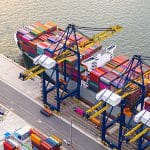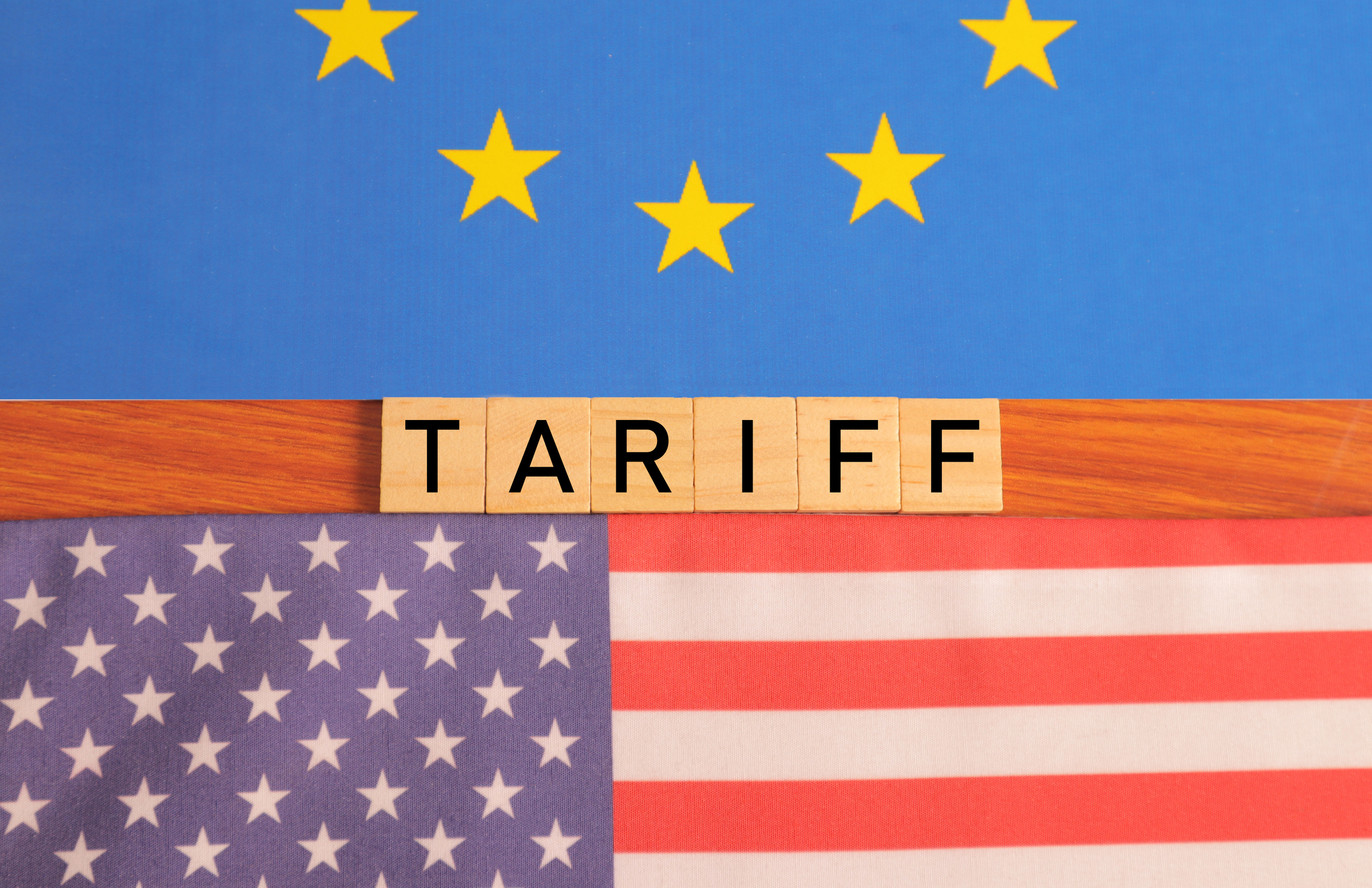
AC Porath Customs Agency at the Munich Trade Fair: Trade War Is Reshaping Supply Chains
Growing uncertainty in international markets is forcing logistics companies to radically overhaul their supply strategies — such conclusions were drawn from the trade fair in Munich, where AC Porath Customs Agency participated in the International Trade Fair for Logistics, Mobility, IT and Supply Chain Management.
Insights from the Front Line of the Fair
– The Munich trade fair is the cradle of all international consultations in the TSL (transport, shipping, logistics) sector. Logistics companies are now adopting a ‘safe planning’ strategy, especially in the face of President Donald Trump’s customs policy – says Joanna Porath, owner of the AC Porath Customs Agency.
In the context of ongoing customs negotiations between the European Union and the United States, which must conclude before July 9, logistics companies are maintaining a cautious approach. As Joanna Porath emphasizes, companies are moving away from building large inventories and instead are switching to a “just-in-case” model, ordering only the goods that are absolutely necessary. They are also leveraging the provisions of the Union Customs Code by establishing customs warehouses and temporary storage facilities, which helps optimize cash flow related to customs and tax liabilities.
Opportunities for Small and Medium-Sized Enterprises
This year’s Munich trade fair also highlighted the growing importance of the small and medium-sized enterprise (SME) sector in the logistics industry. – Companies in this sector can respond to market changes more quickly and more agilely. Smaller firms prove to be more flexible in finding solutions than larger corporations, which are often constrained by internal procedures – notes Joanna Porath.
Human Capital
Companies are increasingly investing in the digitization of supply chains, using artificial intelligence and advanced ICT systems to optimize processes. At the same time, cybersecurity is gaining importance, with the human factor remaining the biggest threat to the security of digital supply chains. – That’s why the industry is placing particular emphasis on investing in employee know-how and cooperating with professionals, recognizing human capital as a key element in building efficient and secure logistics systems in the digital era – Joanna Porath concludes.









